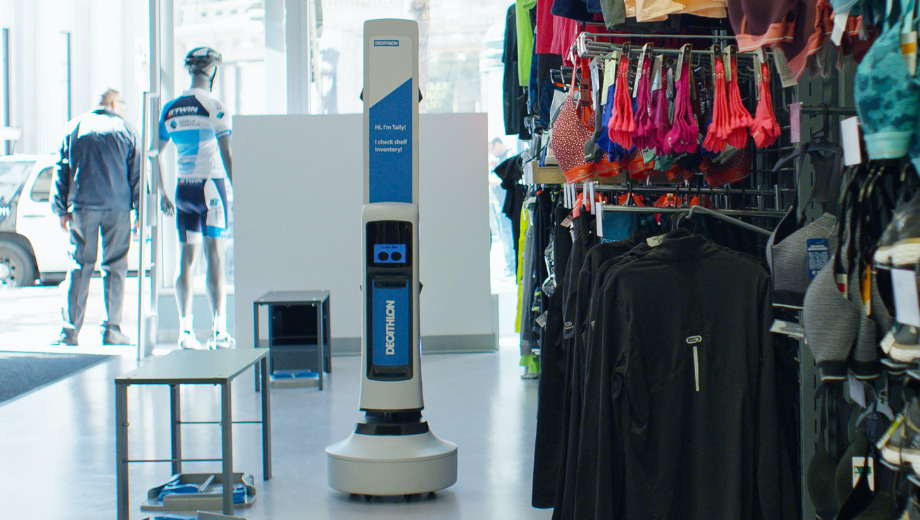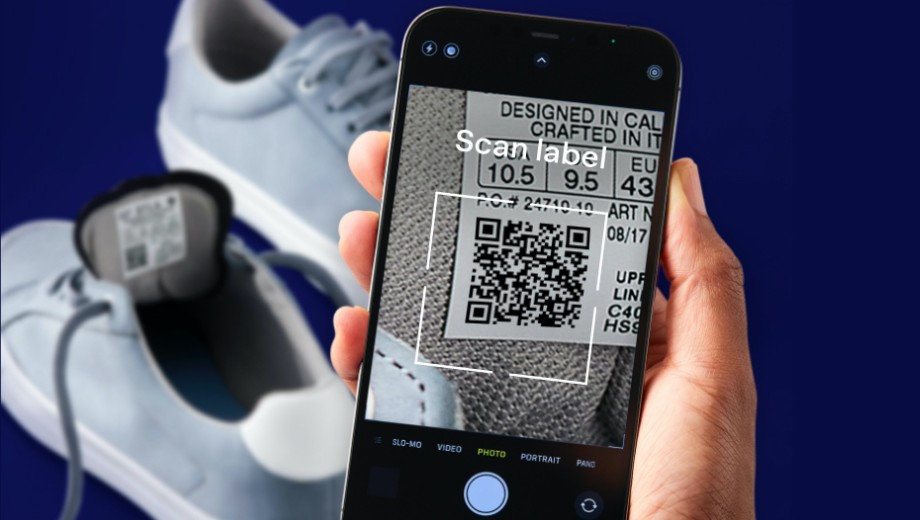Waste, overproduction and sustainability are key issues for companies and consumers in France and around the world.
According to our latest report 'The Missing Billions: the real cost of supply chain waste', overproduction and waste are exacerbating the supply chain crisis and affecting an average of 3.6% of companies' annual profits, as almost 8% of inventory is lost or thrown away each year.
In France, 4.1% of stock is wasted each year due to product deterioration or damage, and a further 3.5% is thrown away due to overproduction. This loss represents billions of euros worth of inventory.
Reducing waste and overproduction starts with transparency in your supply chain!
The report surveyed 318 global companies and the data revealed that although 80% of companies in France are fully aware of the problem, and are investing in technology solutions, they are still not spending the budget to solve it. French respondents say that on average 25.3% of their organization's impact on sustainability comes from the supply chain. However, only 3.7% of technology budgets on average are specifically dedicated to improving sustainability.
Furthermore, more than nine out of ten companies surveyed said they were under pressure to become more sustainable. The professionals surveyed identified "budget constraints" and "lack of management support" as the main challenges to supply chain resilience.
In an effort to improve supply chain visibility and traceability, the report also highlights the intention to address these issues. Indeed, 41% of French organizations report already using RFID for product identification and 45.90% are considering adopting it.
Some major brands have already taken the plunge. As Jérôme Lemay, Industrial Director for RFID at Decathlon, explains: "Thanks to investments in RFID, Decathlon has seen significant improvements in its operations. We have reduced markdowns, increased turnover and profitability at item level and improved efficiency at the point of sale. Real-time inventory management also allows Decathlon to replenish stock automatically and improve efficiency. Future opportunities for digital identification solutions within Decathlon include improving upstream visibility at our raw material suppliers to better align availability with demand. We are also currently piloting solutions for consumer engagement to facilitate communication around topics such as sports coaching and sustainable practices."
"The current disruption in the supply chain is leading to a waste crisis, which makes advocacy for sustainable practices even more urgent and necessary," adds Francisco Melo, senior vice president and general manager of Avery Dennison Smartrac.
"Organizations have the opportunity to accelerate the digital transformation that will help create longer-term systemic change. The moral and economic arguments are clear and the study shows the willingness of organizations to embrace technological advances for the benefit of business and the planet."
Melo added: "Digital triggers, such as RFID, offer highly efficient and accurate end-to-end visibility. Connected products not only shed light on supply chains, but also reveal valuable new information to enable consumers to make better decisions, including data on transparency and carbon footprint."
French consumers are prioritizing the purchase of sustainable products
The report also looked at consumer habits and highlighted a shift in the desire for sustainable products, with buying sustainable products being ranked by more than one in two French consumers (52%) as one of their top five concerns.
Company initiatives for greater transparency can also be beneficial to consumers. 41% of French consumers rank "greater transparency on materials and ingredients" as the top criteria for brands to help them make more sustainable purchases in the areas of clothing, cosmetics and food.



